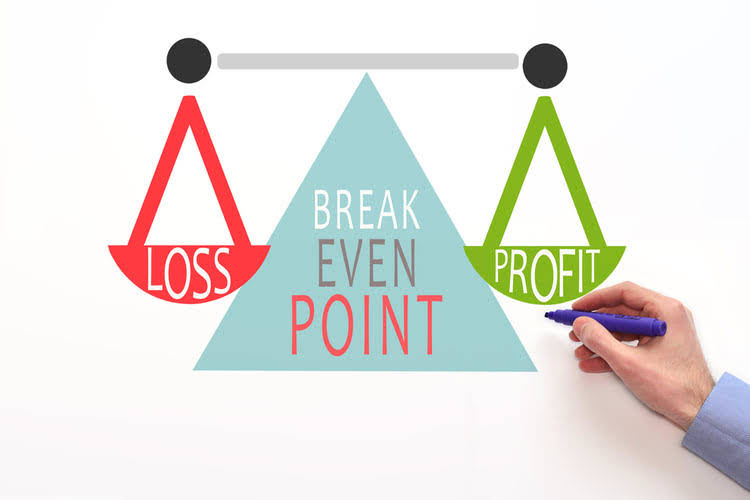
This is a collection of 500 of the largest U.S. stocks, which is considered a good indicator of overall market performance. Individual (or ‘Retail‘) investors also account for a large proportion of Stock and Bond ownership. Similarly, higher inflation can erode the purchasing power of the fixed interest payments that bonds offer. When an investor purchases a bond, they essentially become a creditor of the company. The company owes them the debt they’ve invested, along with the agreed-upon interest.
Which activity is most important to you during retirement?
- A shareholder is considered an owner of the issuing company, determined by the number of shares an investor owns relative to the number of outstanding shares.
- These funds are all-in-one solutions and invest in baskets of stocks and bonds that suit your retirement goals and risk tolerance.
- Rather, you receive regular Interest Payments and repayment of the Bond principal at the end of the Bond’s life.
- Corporate bonds are issued by companies and typically offer higher interest rates due to their higher risk.
- Owning bonds or other fixed-income securities can help you save for near-term goals like a down payment on a house or a car or generate income during retirement.
For companies, stocks serve as sort of a bargaining chip with investors. In exchange for a piece of the pie (company ownership and potential profit), companies are able to raise capital from selling shares to cover their costs and expand their business. Stocks are purchased and sold on stock exchanges, which act as the intermediary between investors and companies. While stocks are ownership in a company, bonds are a loan to a company or government.

How Bonds Trade on the ‘Credit’ Market
When you buy a Stock, you become an owner of the underlying Business and are entitled to receive your share of any distributions (or ‘Dividends‘) paid to owners. For information pertaining to the registration status of 11 Financial, please contact the state securities regulators for those states in which 11 Financial maintains a registration filing. 11 Financial is a registered investment adviser located in Lufkin, Texas. 11 Financial may only transact business in those states in which it is registered, or qualifies for an exemption or exclusion from registration requirements. Finance Strategists has an advertising relationship with some of the companies included on this website.
Loans vs Bonds

Comparisons are based on the national average Annual Percentage Yields (APY) published in the FDIC National Rates and Rate Caps as of October 16, 2023. All those nuances aside, though, yes, the general thinking is that stocks equal aggressive investing and bonds skew more conservative. Treasury bond payments are generally exempt from state income tax, although they are fully subject to federal income tax. The duration of bonds depends on the type you buy, but they commonly range from a few days to 30 years. Likewise, the interest rate — known as yield — will vary depending on the type and duration of the bond.
Pros and Cons of Investing in Stocks vs. Bonds
This material has been presented for informational and educational purposes only. The views expressed in the articles above are generalized and may not be appropriate for all investors. There is no guarantee that past in your own words, explain the difference between stocks and bonds. performance will recur or result in a positive outcome. Carefully consider your financial situation, including investment objective, time horizon, risk tolerance, and fees prior to making any investment decisions.
The importance of being a shareholder is that you are entitled to a portion of the company’s profits, which is the foundation of a stock’s value. The more shares you own, the larger the portion of the profits you get. Many stocks, however, do not pay out dividends and instead reinvest profits back into growing the company.
Bonds give you a better rate of return than a savings account. They’re considered a more conservative investment than stocks because unless the lending company goes completely bankrupt, you’ll get the interest rate that you agreed to when you bought the bond. Stocks offer growth potential, while bonds can provide income and stability, leading to a balanced portfolio. In a bond investment, you’re essentially a creditor to the issuing entity, while investing in stocks grants you partial ownership of the company. An investor’s financial situation is crucial in this decision. Those with financial stability and discretionary funds might be more inclined to invest in stocks.
We use data-driven methodologies to evaluate financial products and services – our reviews and ratings are not influenced by advertisers. You can read more about our editorial guidelines and our products and https://www.bookstime.com/ services review methodology. To initially fund a private Business, the investors (or ‘Shareholders‘) invest through an Equity Contribution and gain ownership (or ‘Equity‘) proportional to their investment.
How to Compare Common and Preferred Stock
When interest rates fall, bond prices typically rise; conversely, when interest rates rise, bond prices typically fall. No investment strategy can guarantee a profit or protect against loss. Think of these as baskets that may contain bonds, stocks and cash equivalents.